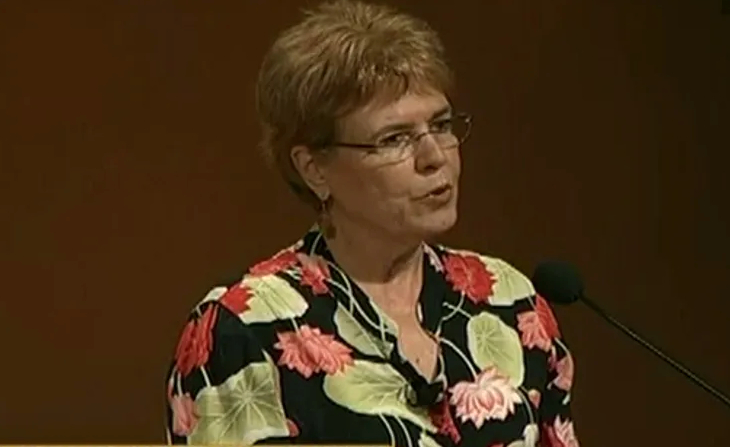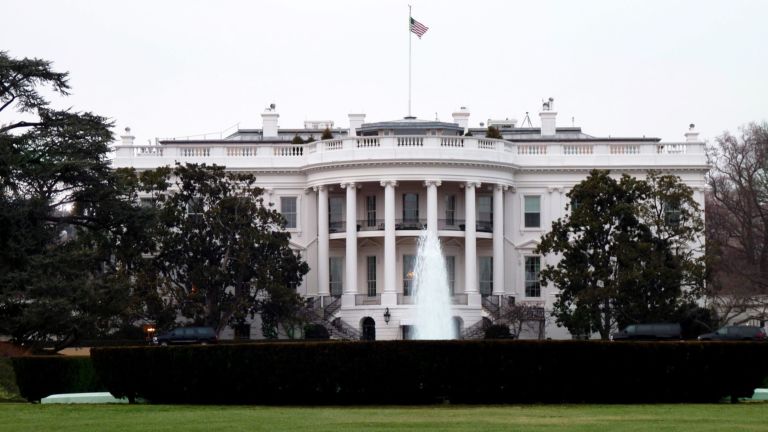Joseph Simonson of the Washington Free Beacon writes about two federal agencies’ embrace of a dubious theory.
The Food and Drug Administration and Centers for Disease Control and Prevention could soon employ “Indigenous Knowledge” in their research, a document obtained by the Washington Free Beacon shows.
The document is a proposed revision of scientific integrity guidelines for the Department of Health and Human Services, which encompasses the FDA, CDC, and the National Institutes of Health. Going forward, agency staff should employ “multiple forms of evidence, such as Indigenous Knowledge,” when analyzing data, the document states.
“Indigenous knowledge” posits that native peoples possess hidden wisdom about the workings of the universe and has been widely dismissed by experts as pseudoscience. The proposed guidelines point to other “non-traditional modes of science,” including “citizen science, community-engaged research, participatory science, and crowdsourcing.” Including these methods is part of the agency’s “support” for “equity, justice, and trust,” the document states.
“A strong culture of scientific integrity begins with ensuring a professional environment that is safe, equitable, and inclusive,” the report says. “Issues of diversity, equity, inclusion, and accessibility are an integral component of the entire scientific process.”
The proposed guidelines are on track to be finalized this year. A spokeswoman for the Department of Health and Human Services declined to comment.
The Biden administration’s “indigenous knowledge” push began in November 2022, when the White House Office of Science and Technology Policy issued a memo directing more than two-dozen federal agencies to apply folk wisdom to “research, policies, and decision making.”
That memo asks that federal officials speak with “spiritual leaders” and reject “methodological dogma” when considering policy directives. Federal agencies have since held dozens of meetings on the topic featuring “indigenous knowledge” consultants. These speakers have argued, among other things, that time is cyclical and that the federal government should pay tribal elders for their “indigenous knowledge.”


